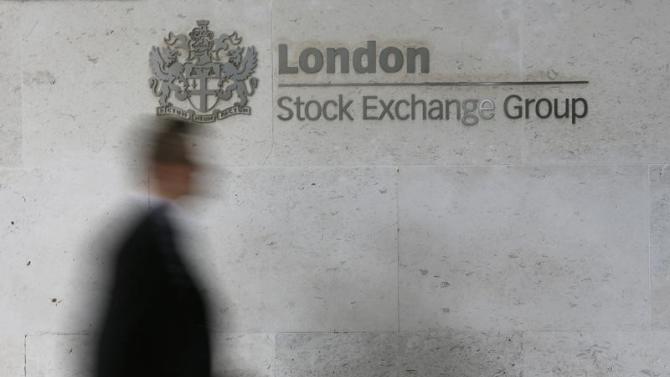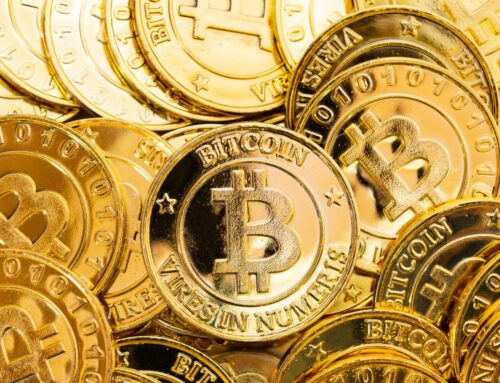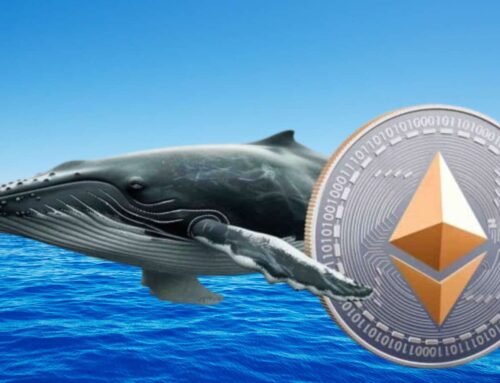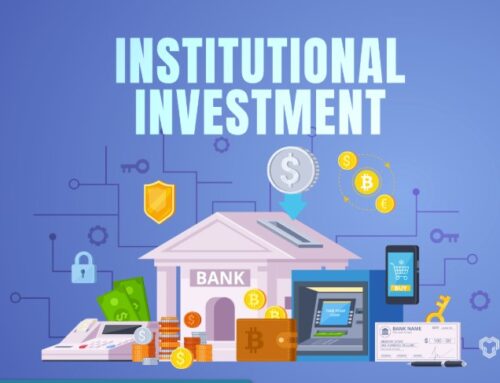Europe holds on to ECB hope, shrugs off China slump
January 19, 2015
By Jamie McGeever
LONDON (Reuters) – European stocks and bonds rose on Monday as investors bet the ECB will unveil a bond-buying package this week to fight deflation and revive growth, shrugging off the steepest fall in Chinese shares since June 2008.
Anticipation the European Central Bank will announce such money-printing quantitative easing at its policy meeting on Thursday pushed some euro zone government bond yields to new lows, while German stocks reached a new high.
A Reuters poll on Monday showed that 18 out of 20 traders expect the ECB will announce a 600 billion euro sovereign QE program this week.
QE hopes also eclipsed uncertainty surrounding Sunday’s Greek election, which polls suggest anti-bailout party Syriza will win but without a controlling majority.
“Quantitative easing is in the pipeline,” said Jean-Louis Cussac, head of the Paris-based Perceval Finance.
“There’s a positive bias on the market overall ahead of the ECB meeting, but the market is very volatile and there are big question marks on the upside potential going forward.”
They include risks from Greece and China, while the dust continues to settle from the Swiss National Bank’s shock decision last week to scrap the franc’s exchange rate cap.
Liquidity was lighter than usual, with U.S. markets closed for the Martin Luther King Day holiday.
In afternoon trading, Germany’s DAX was up 1 percent at a historic high of 10,276 points. Britain’s FTSE 100 index was 0.7 percent higher at 6,596 points, while France’s CAC 40 was up 0.8 percent at 4,416 points.
The FTSEurofirst index of 300 leading European shares hit a seven-year high of 1,418 points.
Shares in Julius Baer were among top gainers, up 5 percent, after the Zurich-based private bank said it had not suffered losses from the SNB’s decision to ditch the franc cap.
Spain’s 10-year government bond yield hit a new low of 1.47 percent and Italy’s benchmark yield fell as low as 1.62 percent ahead of the ECB’s expected QE move.
The euro recovered some ground after hitting an 11-year low last week, and was up 0.3 percent from Friday’s New York close at $1.16. The common currency jumped 2 percent against the Swiss franc to 1.01 francs, after tumbling 17 percent last week.
CHINESE STOCKS SLUMP
In China, financial shares were hammered as Beijing cracked down on credit products that have been blamed for fuelling excessive market speculation over the past three months.
The Shanghai market and the CSI300 index of the largest listed companies in Shanghai and Shenzhen both plunged 7.7 percent, their biggest falls for over six years.
Adding to the air of caution was Sunday data showing Chinese new home prices in December fell an average 4.3 percent year-on-year in 68 of the 70 major cities monitored.
That was just an appetizer for Tuesday’s report on gross domestic product, which is expected to show China’s annual growth slowed to 7.2 percent in the last quarter. That would mean full-year growth undershot Beijing’s 7.5 percent target and was the weakest in 24 years.
MSCI’s broadest index of Asia-Pacific shares outside Japan erased early gains to close 0.3 percent lower, even as markets across much of the region edged higher.
China-led nervousness in Asia boosted the Japanese yen. The dollar was down a third of one percent at 117.20 yen, and the 10-year Japanese government bond yield hit a new record low of 0.2 percent.
But the main event of the week will be Thursday’s ECB meeting. Sources have told Reuters the ECB may adopt a hybrid approach — buying debt and sharing some of the risk across the euro zone while national central banks make separate purchases of their own.
Expectations are now so high that markets could be setting themselves up for disappointment, either on the size of the program or its details.
“We expect the (ECB) to compromise on the risk sharing of its QE program. Full risk sharing is unlikely, reflecting political economy constraints … (and) the ECB will likely remain vague about the maturity spectrum for QE,” Nomura analysts said in a note on Monday.
Oil prices fell again, with Brent crude futures down 1.5 percent to $49.45 a barrel and WTI crude down 1.7 percent at $47.85.
(Additional reporting by Blaise Robinson in Paris; Editing by Catherine Evans)
Search
RECENT PRESS RELEASES
Related Post






